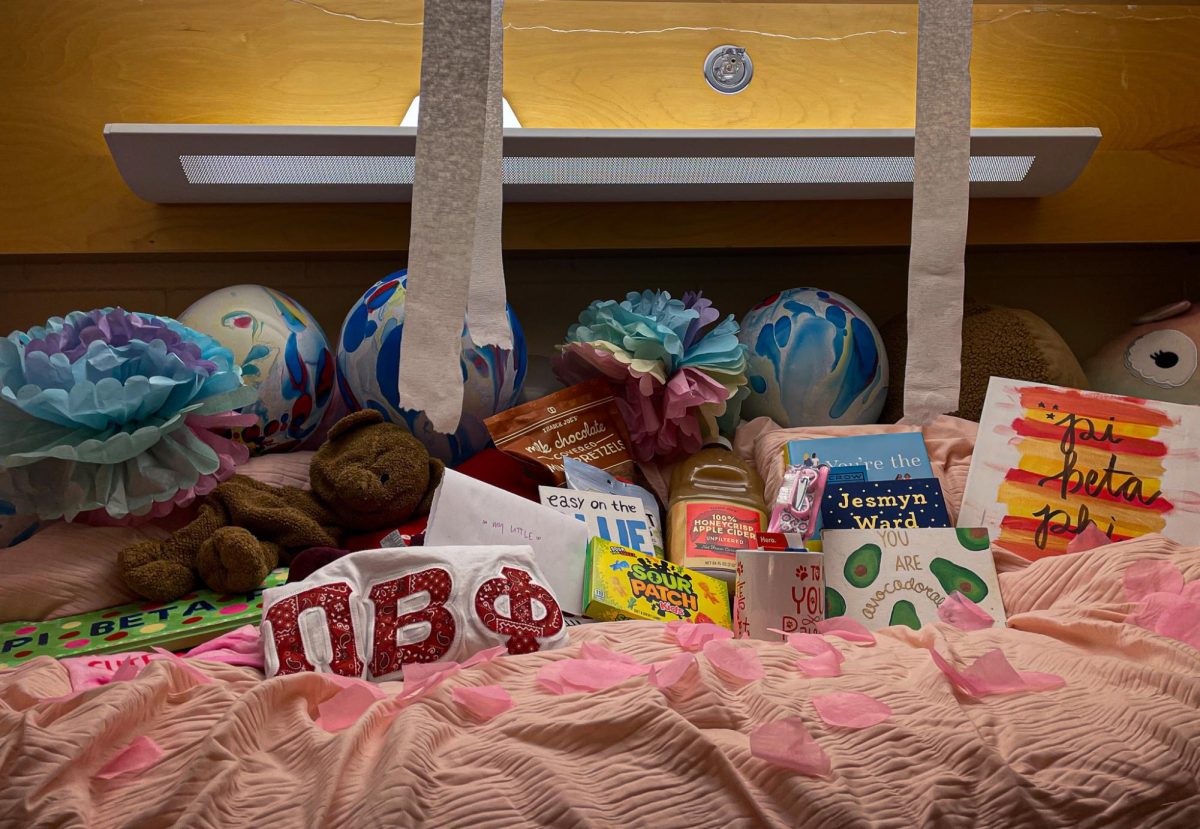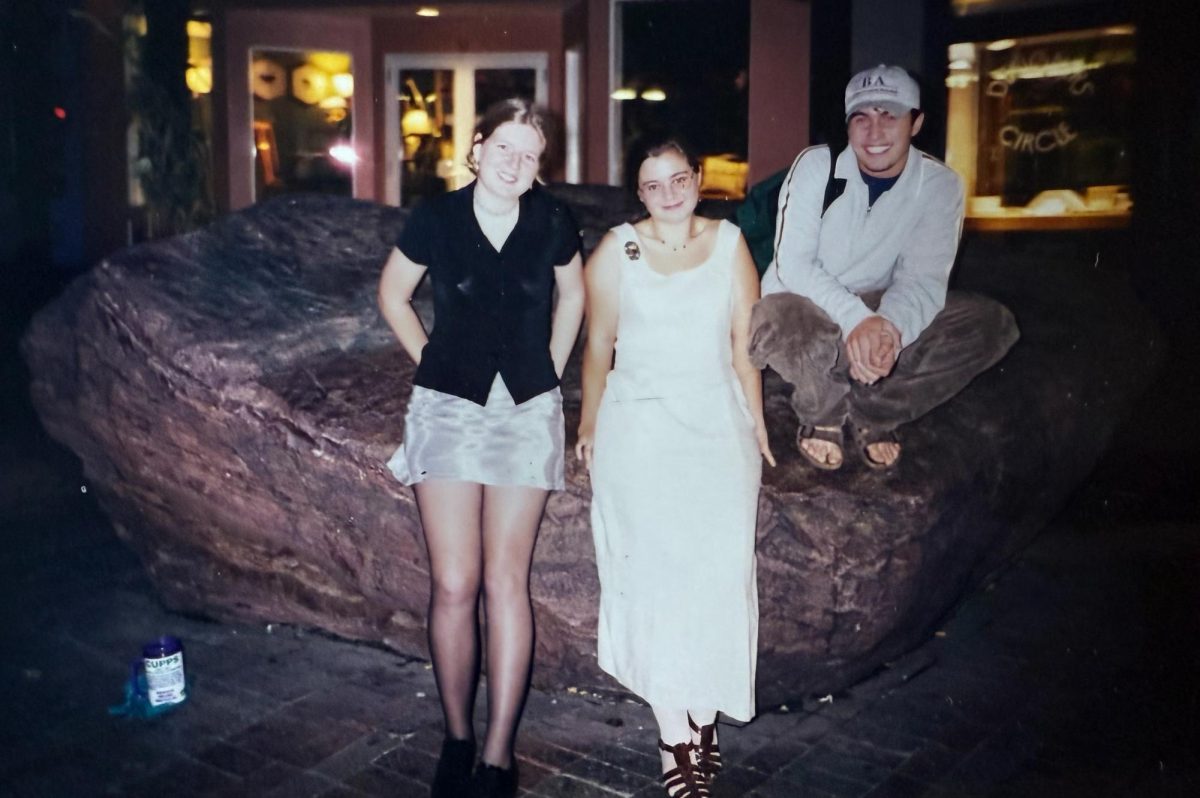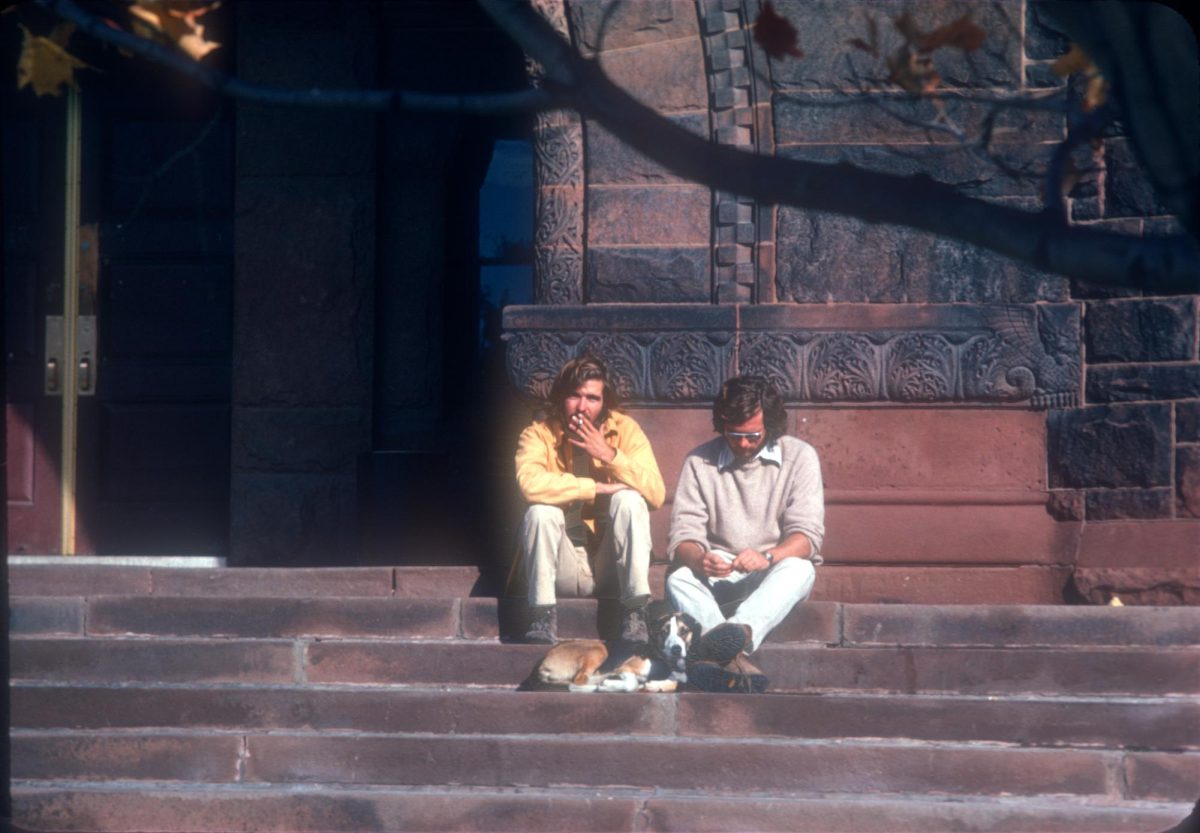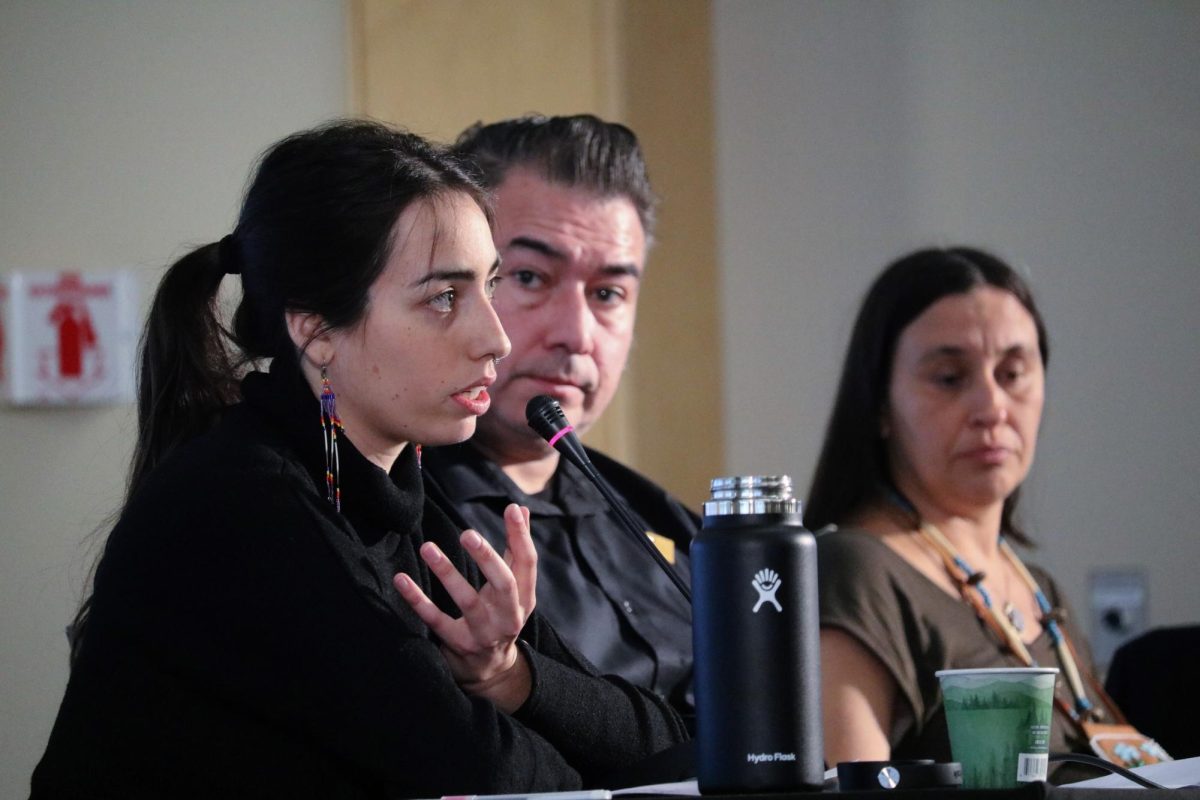Legally, as all UVM undergraduates should know, not a drop of alcohol should be making its way up to the residence halls. In reality, however, more than a few 30-racks pass through dorm doors.In 2006, the University dorms were officially made “dry,” meaning that, regardless of an individual’s age, they cannot possess alcohol in the dorms.According to UVM Alcohol and Drug Education Director Diana Gonzalez, the dry dorm policy is not simply the University taking a blanket stance against drinking — after all, there is a pub on campus where students can buy a limited number of drinks.”Having dry residence halls is not anti-alcohol,” she said. “It’s really about the fact that the vast majority of students living in residence halls are not able to legally drink.”Additionally, banning alcohol in the residence halls makes it easier for Police Services and ResLife to enforce the laws. It also allows RAs to make community standards and to expect everyone will follow those standards, Gonzalez said.But are UVM’s officially dry dorms really booze-free?The general answer of Vermont undergraduates also seems to be a resounding no.Sergeant Dan Finnegan of UVM Police Services said that unfortunately, the dorms are not as dry as they legally should be and that alcohol is one of the top issues that Police Services deals with.”I’ve been charged for the cleanup of lots of vomit in those ‘dry dorms,’ and I am sure most of it is alcohol-related,” sophomore Amber Casterlin said.According to UVM Police Services, almost 28 percent of students living on campus were written up for an alcohol-related violation in the 2008 calendar year.Casterlin thinks that figure is far lower than the amount of students who actually drink on campus, and senior Billy Clark agrees.”I am surprised it’s not higher,” he said. “I think that it also shows the impossibility of the low tolerance policy. It shows what the school is doing is not working.”However, Gonzalez looks at those figures as positive proof that most UVM students are acting responsibly.”That [statistic] means that 70 percent of students living on campus [in the 2008 calendar year] have not had a violation for alcohol,” she said. “Seventy percent of students are not having any problems and acting with the judicial process around alcohol — that’s fabulous.”Gonzalez maintains that irresponsible underage drinking is not as prevalent a practice as many students think it is.”The majority of the students, the majority of the time, drink responsibly, if at all,” Gonzalez said.There seems, however, to be a disconnect between how administrators like Gonzalez interpret UVM’s underage drinking patterns, and how students understand their own personal experiences with alcohol in the dorms.Many students see the drinking habits of their peers to be much more intense than Gonzalez does.”I don’t think students drink responsibly here, and I think they drink pretty often,” Casterlin said. Clark agrees that the majority of students do drink, and do not do so responsibly. “The term ‘responsible’ is vague, but on-campus drinking, in my experience, is rarely, if ever, responsible,” he said.However, the University’s administration is taking steps that recognize the inevitability of underage alcohol use, and is trying to mitigate the worst consequences of drinking.In 2006, UVM implemented a program known as Got Your Back in order to encourage students to call for medical assistance if they are with someone who may have alcohol poisoning.Under this program, students who call in alcohol-related medical emergencies, and the students who need medical attention, will receive amnesty from judicial sanctions through UVM, Gonzalez said.The person who received medical attention will have to meet with the Dean of Students office, but Gonzalez sees the meeting not as punishment, but as an important preventative measure.”If you drink to the point that you need medical attention, it’s really helpful to have a meeting about how you got there, what happened and how you can stop it from happening again,” she said.Finnegan is pleased with the program because it has made it more likely that Police Services will arrive at a medical emergency situation in a timely and productive way.”In the past, we would hear someone getting sick and their friends had left,” he said. “This is not the case as much now; people are making sure that their friends get what they need.”Finnegan believes that Got Your Back is exactly the type of program needed to help lessen the worst effects of a practice that does not seem like it will disappear any time soon.”Underage drinking is like people driving over speed limit: we will never get rid of it. What we’re trying to do is educate and keep people safe,” he said.
Categories:
Hardly a drought
December 7, 2009
0
More to Discover







